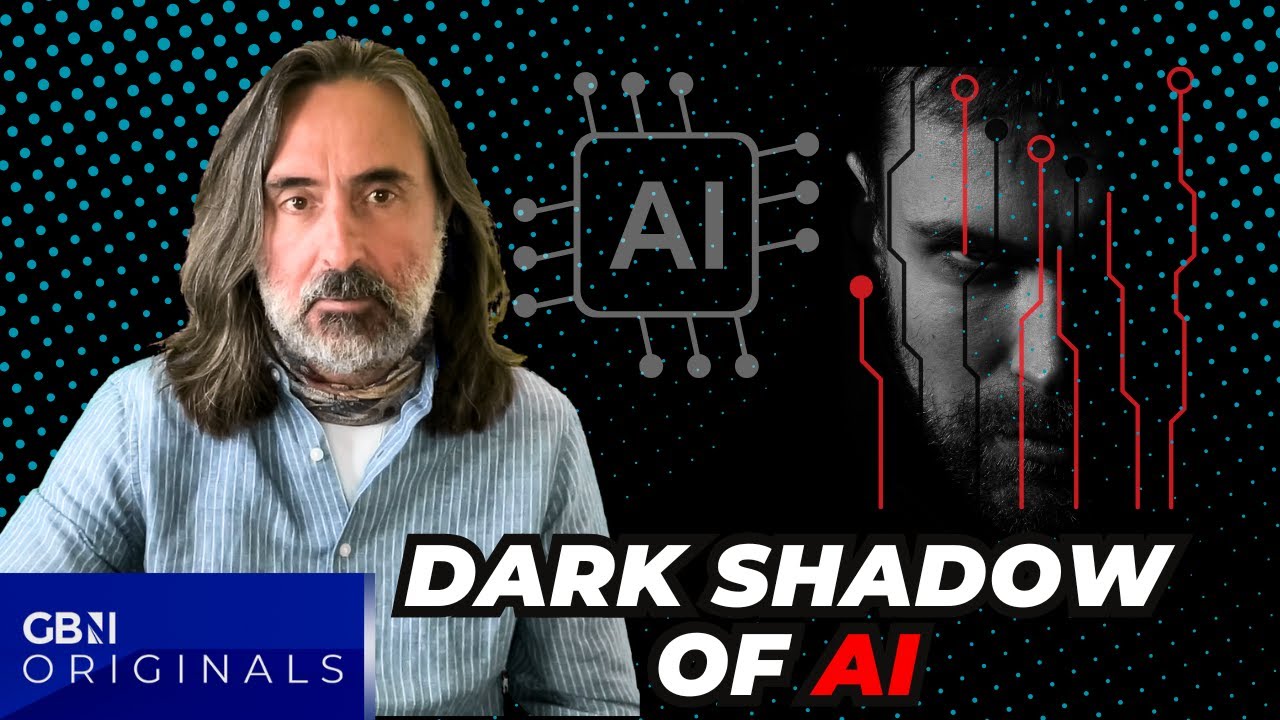The video warns that unchecked AI development, particularly its use of copyrighted material without proper authorization, poses significant risks to human creativity, individual rights, and societal freedom, highlighting industry conflicts and mysterious deaths of whistleblowers. It emphasizes the need for regulation and awareness to prevent AI from undermining personal ownership, eroding ethical standards, and consolidating corporate control over society.
The video discusses the growing acceptance and reliance on artificial intelligence (AI), highlighting how many people, including students, use AI tools like ChatGPT to complete tasks such as writing essays, raising questions about the true cost of this technological revolution. While AI is celebrated for its impressive capabilities, there are concerns about the implications of its rapid development, especially regarding the use of copyrighted material without proper authorization. The debate centers on balancing innovation with protecting the rights of creators whose works are being exploited to train AI systems.
The video emphasizes recent political and legal developments, such as the firing of Shira Pearl Mutter, head of the U.S. Copyright Office, after she submitted a report questioning the legality of AI training practices involving copyrighted works. This action is linked to broader industry tensions, with critics warning that requiring AI companies to license copyrighted content could hinder technological progress, while others argue that unlicensed use threatens the creative ecosystem by devaluing original work and livelihoods. These events are portrayed as part of a larger struggle over control and regulation of AI’s development.
Further, the video explores the mysterious death of OpenAI whistleblower Balaji, who had been involved in training AI systems and later voiced concerns about copyright violations. His death, ruled a suicide, raises suspicions about the pressures faced by those opposing the industry’s practices. Balaji’s willingness to testify against AI companies and his growing disillusionment with the industry underscore the ethical and legal conflicts surrounding AI’s training data, especially regarding the use of copyrighted material without consent.
The narrative also touches on the broader societal implications of AI’s dominance, referencing the World Economic Forum’s idea of a future where people own nothing and are supposedly happy. It warns of a future where corporate interests control essential resources and ideas, with copyright protections potentially eroded, making it difficult for individuals to earn a living through creation. The concern is that AI’s insatiable appetite for data could lead to a world where human creativity and ownership are undermined, leaving society at the mercy of corporate and AI-controlled systems.
In conclusion, the video raises alarms about the existential risks posed by AI’s unchecked growth, especially regarding copyright, individual rights, and societal control. It questions whether we can trust the digital content and knowledge presented to us in a future dominated by AI, emphasizing the importance of awareness, regulation, and safeguarding human creativity. The overarching message warns of a future where AI and corporate interests threaten personal freedom, originality, and the very fabric of human society.
